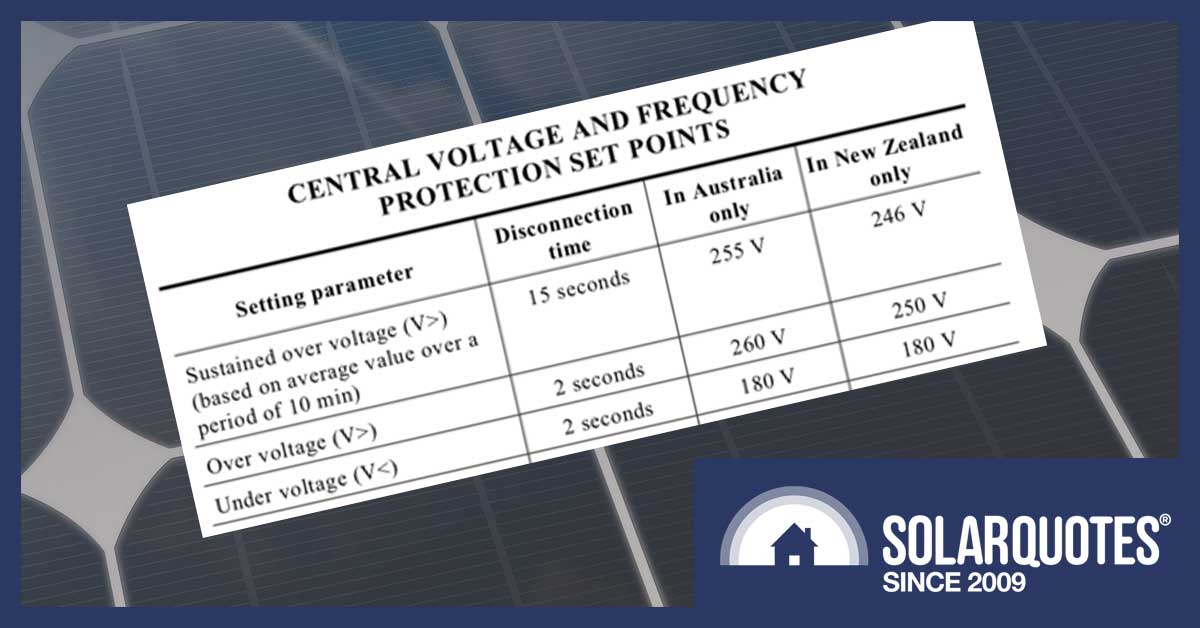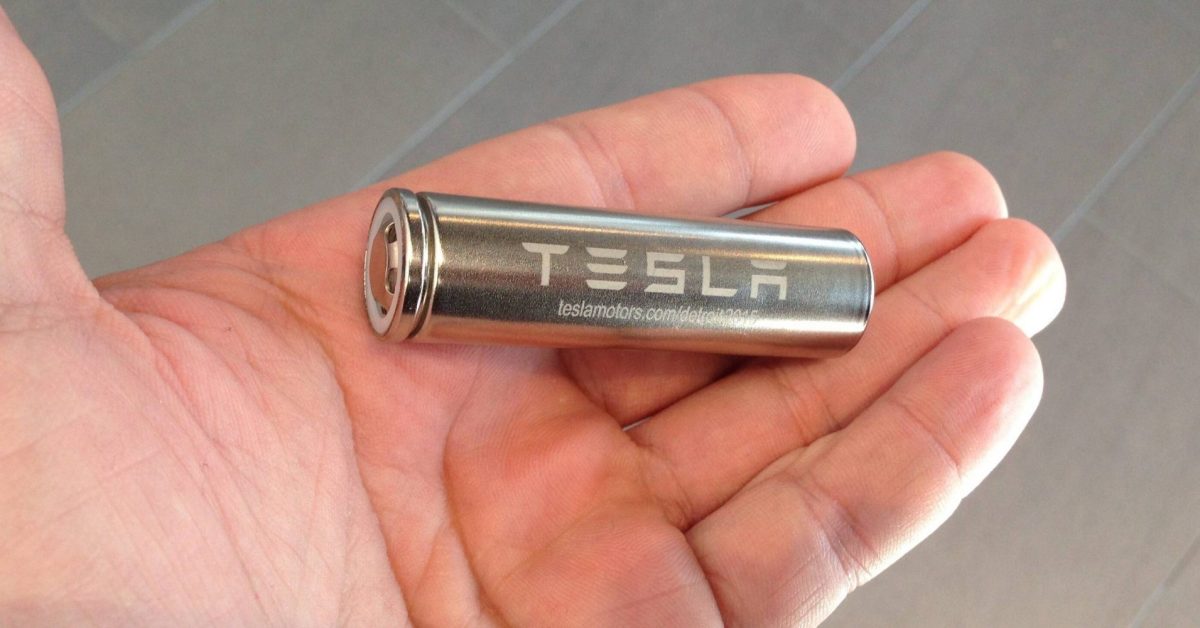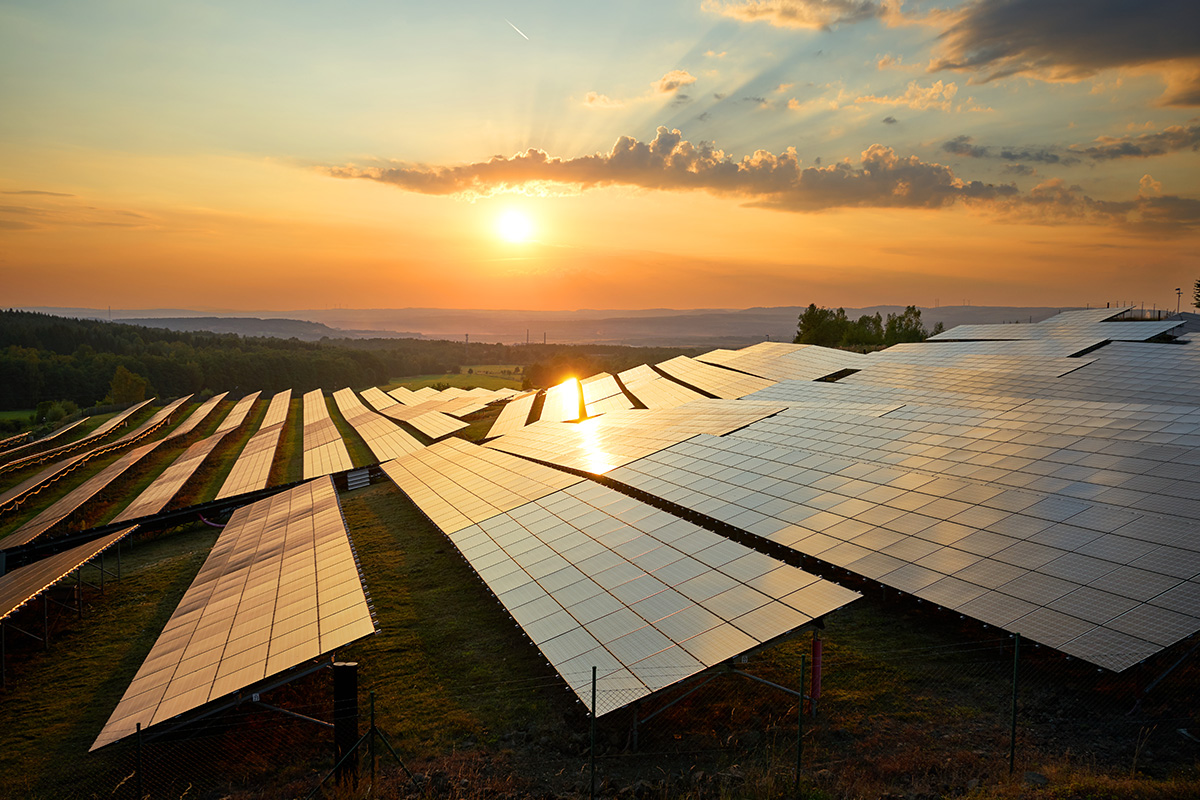Power Raid
We Exist To Win Premierships
Further evidence of Tesla being a marketing wet dream as opposed to a quality company.
As for the issues in QLD, a paywall blocks my access to your article. But in Vic all solar installations are required to be signed off by an inspector before they are energised. QLD does not have this rule.
It's not fool proof in Vic either, a lot of inspectors will just pull up to the property, give a quick glance, and then collect their $200 fee without doing all necessary testing.
But hey, any electrical work involves a fire risk if the components are faulty or the installation workmanship is not sound.
The EV will be a wonderful thing but Tesla probably won't be around in a decade. They are a con merchants company.
Guess how many batteries they have made? Zip, none, zilch.
The batteries they sold SA were car batteries, that were bought by Telsa from Panasonic, for cars Telsa were unable to build. They will never be able to compete with established manufacturers, china and india if all they can do is assemble.








